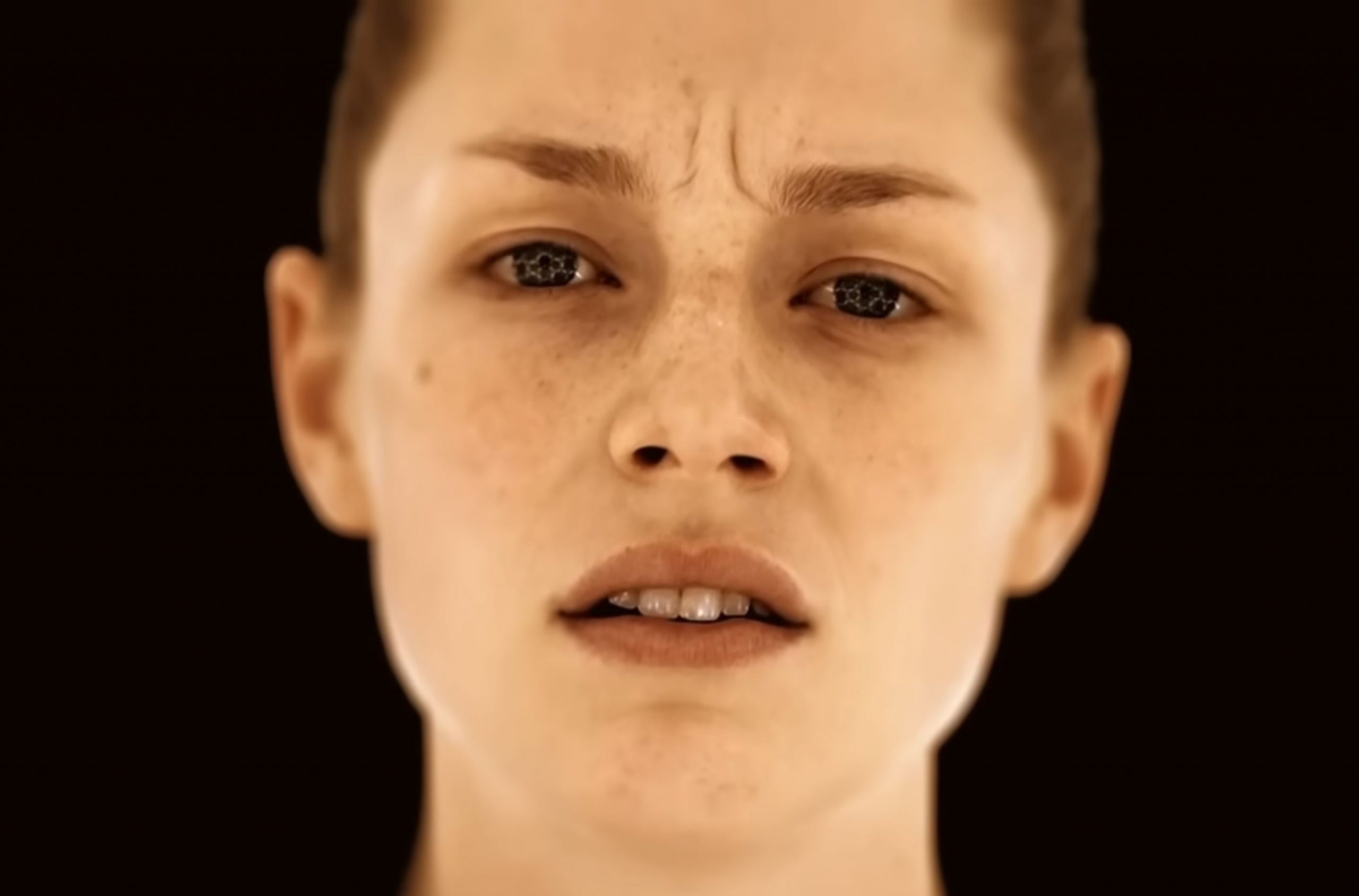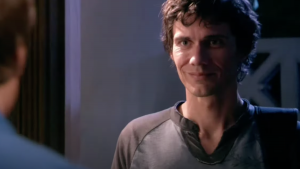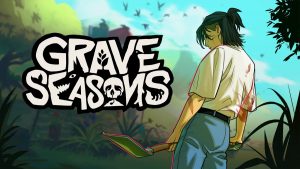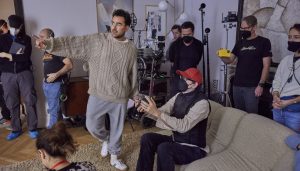
Despite being prominently featured during The Game Awards 2023 (with a little help from a teaser trailer and a surprise appearance from collaborator Jordan Peele), nearly everything about Hideo Kojima’s upcoming OD project remains shrouded in mystery. We don’t know when it will be released, and we still know nothing concrete about its plot or gameplay. The only thing we do know with any reasonable amount of certainty is that OD will be a horror game. Of course, given that this is the first horror game Kojima has worked on since PT was unceremoniously canceled, that’s reason enough for most fans to be excited about it.
Despite a lack of solid information, Kojima has been dropping a pretty steady stream of hints about OD in recent months. For instance, Kojima has previously mentioned that OD will utilize Xbox’s cloud technology to blur “the boundaries of gaming and film” and test the limits of our tolerance for terror. In typical Kojima fashion, though, he stopped short of explaining what any of that actually means.
While Kojima isn’t quite ready to reveal any substantial specifics about OD, he is continuing to tease aspects of the title on social media and in interviews. Well, Kojima’s latest tease included a reference to a previous project of his that most gamers probably haven’t thought of in a long time (if they knew about it at all).
“It seems I have been acknowledged by creating games that go against the current of the times, such as ‘hide-and-seek’ games where you sneak into a building without being detected by the enemy, or ‘delivery games’ where you enjoy moving around in an open world,” Kojima recently said via Twitter. “For me, the most experimental game was ‘defeating vampires outside your house’ using actual sunlight around you. It was met with fierce opposition from the staff and even within the company. In that sense, ‘OD‘ is just as different.”
That “vampires outside your house” game Kojima refers to his 2003 Game Boy Advance title, Boktai: The Sun Is in Your Hand. A largely obscure title even for its time, Boktai utilized a built-in light sensor to bolster its vampire-hunting gameplay. The idea was that you were supposed to play the game outside so that the cartridge could absorb natural sunlight and use it to power your gradually depleting in-game weapon. Furthermore, playing during the daytime (whether outside or inside) would offer you several gameplay advantages. While there were in-game ways to get around that sunlight requirement (at least temporarily), the idea was to encourage players to go outside and embrace the theme of the experience.
Boktai received generally positive reviews, though opinions on the game’s central gimmick were generally mixed. Simply put, many found it to be more inconvenient than immersive to play the game outside. Jokes about basement-dwelling gamers aside, the light sensor’s sometimes wonky sensitivity and the GBA’s lack of backlighting often made playing in sufficient sunlight more burdensome than it was seemingly intended to be. Furthermore, things like a bad storm or an especially cloudy day could kind of ruin the entire concept of the experience. I remember quite a few people resorting to playing the game under high-powered lightbulbs to circumvent that aspect of the title and enjoy it on their terms.
That being the case, it’s strange to hear Kojima compare OD to Boktai in this way. While he’s certainly not saying that OD will replicate that specific gimmick, he is implying that OD‘s core mechanics are already generating some of the doubts that OD generated during its development. Granted, it’s not unusual to hear that Kojima is thinking big and dreaming wild, but his apparent enthusiasm about that specific comparison is somewhat odd given that some of the Boktai criticisms were more practical rather than an attack on the concept itself.
For whatever it’s worth, it was previously rumored that Kojima intends to use Xbox’s cloud technology to incorporate real-life elements into OD‘s gameplay. Some leaks have suggested that those real-life elements could be as simple as built-in smartphone compatibility, while others have hinted that the game may somehow try to incorporate elements of your real-life environment (such as your current location and heart rate) to dynamically alter the game as it progresses.
In any case, OD is shaping up to be Kojima’s strangest game in quite some time, which is certainly saying something.
The post Hideo Kojima Compares His Next Game to His Most Forgotten Project appeared first on Den of Geek.











